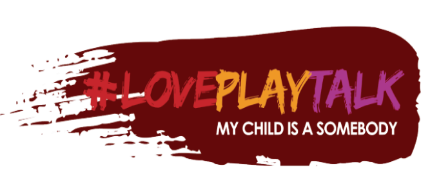 Ibhayi Lengane: The Child’s Blanket
Ibhayi Lengane: The Child’s Blanket

“When someone loves you, it’s like having a blanket all around your heart.” Helen Fielding (author)
At dlalanathi, when we develop a process that will promote the psychological and social care of individuals and families, we like to have an image on which to frame that process. When you think about a blanket what comes to mind?
A blanket is many things to different people;
- It is used for Traditional African attire
- It’s how we warm ourselves on a winter’s evening sitting in front of the fire
- We sleep with them
- They are given as a present for a new-born baby
- Blankets are essential
- Feel cosy
- Used for Umembeso (the giving of blankets in the stages of a Zulu wedding)
- It communicates comfort
- And many of us can remember carrying or babies blanket around with us though the early years of our childhood
………..and there are as many adjectives to describe a blanket as there are actual uses!
 One of our newest and most exciting processes is the First 1000 Days process. This focuses on mother, child and family from pregnancy right through to when the child is 2 years of age. The themes running through this process are “Love, Play and Talk”. What better image to portray the essence of these foundational relationship building concepts than a blanket!
One of our newest and most exciting processes is the First 1000 Days process. This focuses on mother, child and family from pregnancy right through to when the child is 2 years of age. The themes running through this process are “Love, Play and Talk”. What better image to portray the essence of these foundational relationship building concepts than a blanket!In the Ibhayi Lengane home visiting programme, the home visitor meets a number of times with mom at different stages of pregnancy up until the baby is 2 and in some of these meetings her family is invited to participate. The home visitor says “as you are your unborn baby’s blanket of support, I am your blanket of support”. This introductory message is communicated in word and practice as home visitor begins this journey of support with mom. In the first visit with the whole family, the home visitor brings along a blanket to give them in preparation for the birth of the baby. They are invited to sew something on to the blanket as decoration. Many have chosen to write the name of the imminent arrival. Here is a brief but powerful story on the impact of the blanket on one family.
One of the home visitors said, “If you are gentle the introduction of the blanket opens up conversations with mom and with the family about the coming baby. One mom I visited proposed to the family that she write ‘Xolisile’ meaning I am sorry, for the baby’s name on the blanket. Another family member felt that the family needed to forgive. After the discussion the family decorated the blanket with the word ‘Siyabonga’ – meaning we are thankful, expressing that the child is a gift to the family. Acceptance, healing and love came from this simple and yet profound interaction, as the family navigated this conversation around the decoration of this blanket for the baby.’
What do you think of when you hear the word blanket? What does a blanket mean to you right now at your stage of life? We’d love to hear your thoughts and stories about what the word blanket conjures up for you!
Please see our website for more on Ibhayi Lengane, under the ‘Our Programmes’ tab, or contact Robyn Hemmens at This email address is being protected from spambots. You need JavaScript enabled to view it. for more info.